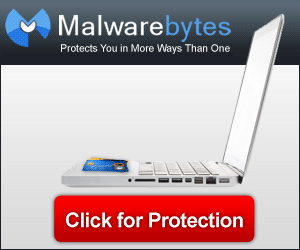5 Minute Guide to Making your iPhone more Secure
An iPhone is an incredible device but don’t think that it is secure enough that no one can access your important information. It is not a security fortress and is prone to the same risks as other cell phones. However, following these simple guidelines can help you make your iPhone a secure device and protect it from those who want to lay their hands on your information.
Use a passcode:
This is literally the first thing any mobile phone user should do. You should use a passcode to access your phone. Though it is not the strongest security measure you can take, it will help ward off those who want to access your phone and everything in it. You can even set your iPhone to erase all data stored on it automatically if someone tries to unlock it with a wrong passcode for ten times. Passcodes can also be set on many individual apps.
Don’t use unnecessary features:
It is very important that you turn off all the features and services that you are not using. Turn off Bluetooth, WiFi, voice control, email syncing, location tracking and such as they can let anyone with some knowledge of phone hacking could exploit the flaws in these services and access your information and data.
Update:
Apple releases firmware updates on a regular basis. These are meant to update your iPhone against any security loophole and performance hiccups that you encounter in your daily use. You should update your phone immediately after an update is available. These updates can also bring some new functionality to your phone.
Tinkering with your phone:
Tinkering with your phone’s protected software, or jailbreaking, can be risky. This allows users to bypass Apple’s security layer and change settings in the phone’s software. It will also allow you to install apps that are not downloaded from Apple’s App Store. This is a potential security risk as you can’t be sure if any such app is secure or not, and whether it is accessing your private info or not.
Privacy settings:
The iPhone allows you to protect your information in many ways. One of those is to use the privacy settings in Safari, found in settings menu. Safari is iPhone’s web browser and allows you to connect with the internet. It is crucial that you review your privacy settings and tune them to your needs. Otherwise, you could leave your information unprotected and at the risk of being hacked. You could become a victim of iPhone spyware, malware and other malicious codes without even knowing.
Use ‘Find my phone’ feature:
Another cool feature of iPhone is its ‘Find my phone’ option. This practically allows you locate your phone in case you have lost it. You can lock your phone, make it ring, show warning information, and erase your data to make in case you cannot retrieve it or it is taking too long to retrieve it.
Erase your data before return, repair or resale:
One of the common mistakes that most users make is that they do not erase their data when they return, repair or resell their iPhones. This way you are actually handing out your information to the
person you are giving your phone to. Make sure you have erased all your data, including messages, contacts, call logs, images and videos, notes, calendar entries and other important information, when you return your phone to the seller, send it for repairs or resell it to someone.
Follow these simple security tips and make your iPhone a secure device to use.
Author Bio: Jessica Carol is a tech writer who has written articles based on developments and new trends in the world of tech for Mobistealth. She can be reached at @Jcarol429.


 Paul Sylvester
Paul Sylvester

















